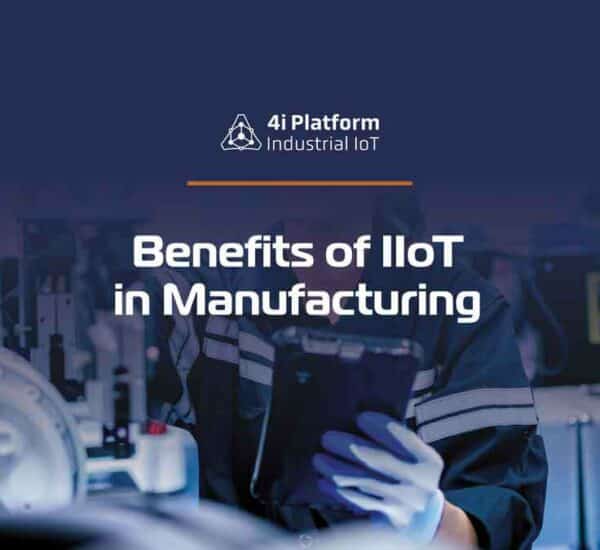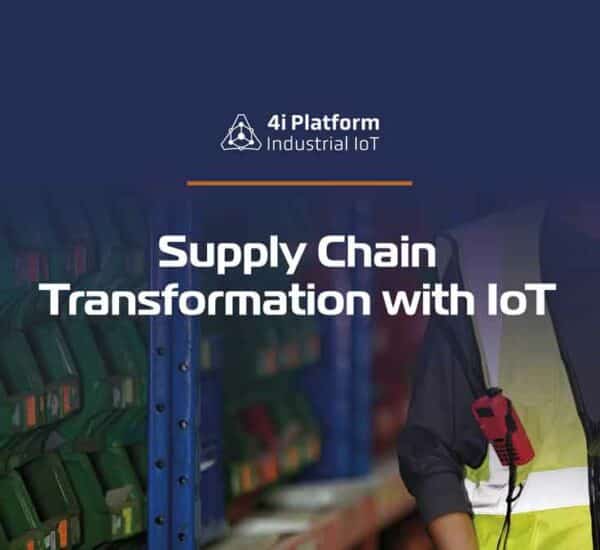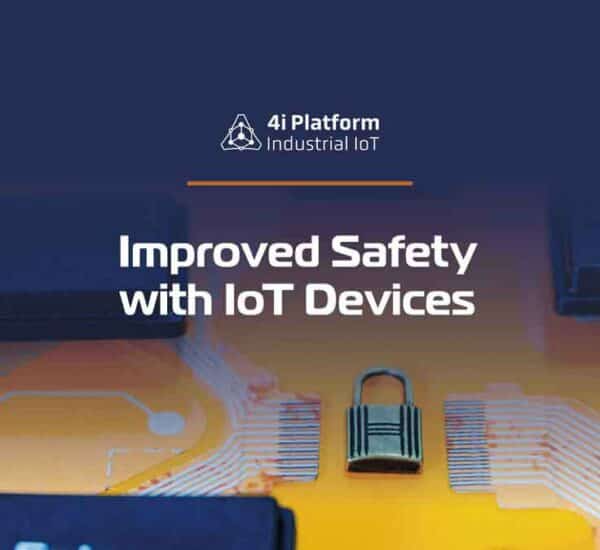The core of the digital economy is the Industrial Internet of Things. Moreover, Industrial IoT solutions have created a new paradigm for every business through its predictive capability and adoption. The Industrial Internet of Things is truly transformative, it is a tsunami of technological innovation and unprecedented business opportunities.
The Internet revolution in Industries has significantly changed the industries of agriculture, transport, and energy. Together, they account for nearly two-thirds global GDP. The interaction between humans, machines and the internet has been fundamentally changed by industrial Internet of Things, since the large amount of data generated by connected devices has allowed for faster and more intelligent decisions to be made and taken in real time.
Now, let us look at how Industrial IoT solutions have opened up more opportunities and benefits.
- A new connected ecosystem emerged from coalescence and brought software platform to the table. It also blurred traditional industry lines.
- With predictive maintenance and remote management, you can help improve your operational efficiency. This includes increased uptime and asset utilization.
- Unimaginable levels of productivity were achieved through collaboration between humans and machines.
- There was an explosive growth in the outcome economy and clear visibility into processes, products, and customers.
Improved Data Security With Industrial IoT Solutions
The Internet of Things generally relies heavily on data. Data security is essential. To ultimately realize the full potential of the Industrial Internet of Things, companies must overcome numerous hurdles, for example security and privacy.
As the virtual and physical worlds combine at great speed, companies will need to find ways to develop new security systems.
Interoperability between existing systems is the main challenge in Industrial IoT. Modern operational technology systems are not designed to work in isolation and are dependent upon a fully functioning digital ecosystem that allows seamless data sharing across different physical networks.
A Glimpse of the Market
A handful of industries have been changed by Industrial IoT solutions, for instance, manufacturing, transportation, oil and gas, mining, and healthcare. These industries account for nearly two-thirds worldwide economy. Even though real-time information is generally only available after a few seconds, the adoption of Industrial IoT has made it possible to obtain it within the fraction of a second.
Besides, reliability is another important aspect to consider. when analyzing IIoT’s market. The conservative industry culture values reliability and real-time. This gives them an opportunity to embrace new technologies and change. The high-cost and long-lasting industrial products influence the Industrial Internet’s evolution.
The driving factors of industries that use rich analytic strategies and sensor data have seen exponential growth, with a consistent implication of IoT.
The Industrial IoT could generate up to $11.1T annually by 2025. Therefore, the Industrial IoT solutions offer emerging markets an unparalleled opportunity to build digital infrastructure. This is the foundation for the next generation of smart services and economic growth.
A handful of industries have seen tangible results from the Industrial IoT, for instance, increased revenues and reduced downtime.
The Evolution of Industrial IoT in Four Phases:
Operational Efficiency:
Besides, Industrial IoT provides real-time visibility to asset performance and control capabilities. Consequently, companies are investing heavily in Industrial IoT solutions to increase operational efficiency and survive against disruptive technologies.
The industrial world has seen the IoT revolutionize the way we work. In addition, it has created an environment with connected assets that offer a variety of operational efficiency benefits. It is one thing to set up a business, but it is quite another to run it well over time, in order to do that, you must increase operational efficiency in your plant.
New Products and Services:
Industry 4.0 brought new products and services to customers who needed smart services. That is to say that IoT is not just about connected objects. According to Forbes, it is also opening up new opportunities to create more products and services that were not previously possible.
Outcome Economy:
The digital age has made it possible to create an outcome economy. The physical world has been transformed by the advent of more sensors. Companies have completely shifted away from selling products or services to deliver measurable results that are valuable to customers in the outcome phase.
For example, with Industrial IoT solutions, the detailed trace data of sensors from connected machines can be found in sensor data. Companies can gain a better understanding of the interaction of input and output by applying advanced analytics to such data.
Businesses will be impacted by the outcome economy. Businesses need more data to monitor real-time trends and manage risks. So, to achieve success in the outcome economy, enterprises must work together to create a better world and new technology platforms that will serve the Industrial IoT economy.
Autonomous Pull Economy:
A flood of real-time data is essential to sustain an autonomous economy. To make autonomous action more effective, it is necessary to have quick responsiveness. Monitoring intricate details in real time, asset monitoring, and real-time behavior has all become possible. The Internet of Things is a term that refers to everything, physical and non-physical, that has gone online. Moreover, it refers to the digital human life.
Benefits and Opportunities of Industrial IoT
- Firstly, most imperative providers and producers see Industrial IoT as an opportunity to increase their revenues. To help lower costs and increase top-line growth, organizations are shifting to digital technology.
- Secondly, remote asset management and predictive maintenance are the most important applications of Industrial IoT. They reduce equipment downtime and prevent unexpected failures.
- Furthermore, the adoption and use of Industrial IoT has another key advantage: it improves worker productivity and safety. IoT has been a huge benefit to industries that are dependent on human resources like Oil and Gas, Mining, and Manufacturing.
- Lastly, these industries can reduce the risk of accidents and increase productivity by implementing remote monitoring and sensing technologies. Industrial IoT has many benefits. Healthcare errors are now outdated and no longer cause death or suffering.
Industrial IoT Solutions Allow your Company to:
- Optimize Asset Utilization
- Lower Operational Costs
- Improve worker productivity
- Increase safety for workers
- Increase Sustainability
- Improve customer relationships
- Obtain more revenues with new products and services
The Growth of the Outcome Economy
In conclusion, Industry 4.0 is a drastic step forward in our lives. The convergence of high internet speeds and big data, artificial intelligence (AI), analytics, and Industrial Internet of Things solutions will profoundly change the way industries function.
Moreover, it will connect every device intelligently, making cities smarter, our lives easier, and our lives more productive.





